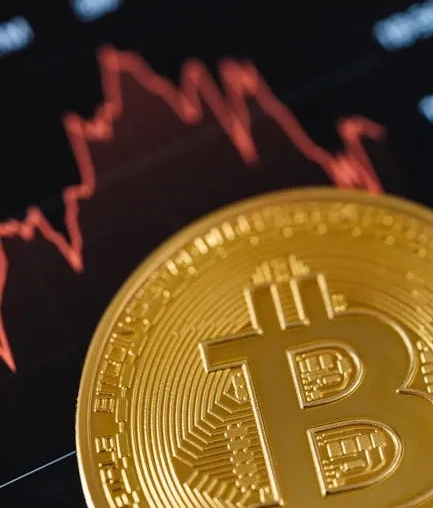
Sam Bankman-Fried Reflects on His Biggest Mistake: Handing Over FTX to the New CEO
In a recent statement, Sam Bankman-Fried, the former CEO of the now-defunct cryptocurrency exchange FTX, expressed regret over a pivotal decision during the company’s tumultuous period leading up to its bankruptcy. He identified the act of handing over control of FTX to its current CEO as his “single biggest mistake,” a choice he believes hindered his attempts to salvage the exchange.
The Context of the Decision
The decision to appoint a new CEO was made in the face of mounting financial issues that ultimately led to FTX filing for bankruptcy. Bankman-Fried took this step in hopes that fresh leadership could steer the company through its crisis. However, he now believes that relinquishing control at such a critical juncture was detrimental to his vision of recovery.
Lessons Learned from Leadership Changes
Bankman-Fried’s reflections offer a glimpse into the complexities of leadership during a crisis. In his view, a leader’s presence is crucial, especially when navigating through turbulent waters. He argues that his intimate knowledge of FTX’s operations and his established relationships within the company would have better positioned him to address the numerous challenges they faced.
The Impact on FTX’s Future
Handing over the reins to a new CEO not only changed the leadership dynamics within FTX but also shifted the company’s strategic direction. Bankman-Fried’s regret highlights the importance of continuity in leadership, especially in industries as volatile and rapidly changing as cryptocurrency.
Looking Back and Moving Forward
As the cryptocurrency market continues to evolve, Bankman-Fried’s experience serves as a cautionary tale for current and future leaders in the space. It emphasizes the need for decisive leadership and the potential repercussions of stepping back during critical times. His reflections may resonate with other entrepreneurs facing similar crossroads, reminding them to carefully weigh the implications of their leadership transitions.
In conclusion, Sam Bankman-Fried’s admission sheds light on the complexities of managing a company in distress. While the decision to appoint a new CEO may have seemed prudent at the time, his subsequent regrets underscore the challenges of leadership in the fast-paced world of cryptocurrency. As the industry learns from past mistakes, it will be interesting to see how these lessons influence future practices.



